Celebrating the Power of Play: International Play Day 2024 with Edx Education
On this International Play Day, celebrated on June 11th, we at Edx Education recognise the profound impact of play on children’s development. Play is not just a pastime; it’s a vital element in fostering growth and learning. Unstructured play, in particular, offers numerous benefits, nurturing essential developmental skills in children. Let’s explore these benefits, focusing on the six core development skills identified by Edx Education, and highlight the importance of sensory play and educational toys like sand and water play sets, construction play, and linking cubes.
The Six Core Development Skills
Gross Motor Skills
Gross motor skills involve the large muscles in the body and are essential for activities like walking, running, and jumping. Unstructured play, such as climbing, playing tag, or riding a bike, helps children develop strength, coordination, and balance. These physical activities not only enhance muscle development but also promote overall health and well-being.
Fine Motor Skills
Fine motor skills are crucial for precise movements, such as writing, cutting with scissors, and buttoning a shirt. Activities like building with linking cubes or engaging in arts and crafts with small materials help children refine these skills. Fine motor development is critical for school readiness and daily tasks, making unstructured play an invaluable part of early childhood education.
Cognitive Development
Cognitive development encompasses a child’s ability to think, learn, and solve problems. Unstructured play, such as constructing imaginative worlds with building blocks or creating complex sandcastles, stimulates creativity and critical thinking. These activities encourage children to explore, experiment, and discover, laying the groundwork for academic success and lifelong learning.
Social and Emotional Development
Social and emotional skills are developed through interactions with others. Playtime is a perfect opportunity for children to learn about cooperation, sharing, and empathy. Group activities, such as building a fort together or playing a team sport, teach children how to navigate social dynamics and manage their emotions. These experiences are crucial for building healthy relationships and emotional resilience.
Curiosity
Curiosity drives children to explore their world and seek out new experiences. Unstructured play, which allows children the freedom to follow their interests, is a natural way to foster this innate curiosity. Whether they are mixing colors in a water play activity or figuring out how to balance a block tower, children learn to ask questions and pursue knowledge independently.
Speech and Language Development
Play provides a rich environment for language acquisition. Through role-playing, storytelling, and interactive games, children expand their vocabulary and improve their communication skills. Activities like sand and water play can introduce descriptive language, while collaborative play with linking cubes can involve discussions and negotiations, enhancing verbal interactions.
Sensory Play and Educational Toys
Sand and Water Play
Sand and water play are excellent for sensory development. These activities engage multiple senses, providing tactile, visual, and auditory stimulation. Children can explore different textures, practice pouring and measuring, and learn about concepts like volume and buoyancy. Sand and water play also encourage imaginative play, which is essential for cognitive and emotional development.
Construction Play
Construction play with toys like MyGears, Linking Cubes or Rainbow Pebbles allows children to experiment with design and engineering principles. These activities develop spatial awareness, problem-solving skills, and fine motor coordination. As children construct and deconstruct their creations, they learn about cause and effect, balance, and structural integrity.
Linking cubes are versatile educational tools that support a range of developmental skills. They can be used to teach counting, patterns, and basic arithmetic, promoting cognitive development. Additionally, manipulating the cubes enhances fine motor skills and hand-eye coordination. Linking cubes also encourage cooperative play, helping children develop social skills as they work together to build structures.
As we celebrate International Play Day 2024, let us remember the essential role of unstructured play in children’s development. From enhancing gross and fine motor skills to fostering cognitive, social, and emotional growth, play is a cornerstone of healthy childhood development. Through activities like sand and water play, construction play, and the use of linking cubes, we can support children’s natural curiosity and creativity. Edx Education’s focus on these six core development skills underscores the importance of play in building a strong foundation for lifelong learning and well-being. Let’s encourage children to play freely and joyfully, today and every day.
For more information on Edx Education’s full range of educational toys, visit Edx Education

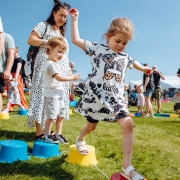 Edx Education
Edx Education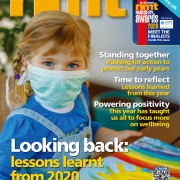 Edx Education
Edx Education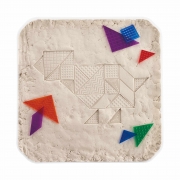 Edx Education
Edx Education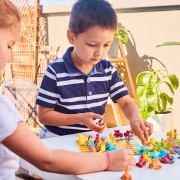 Edx Education
Edx Education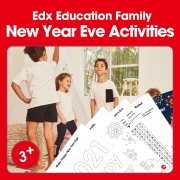 Edx Education
Edx Education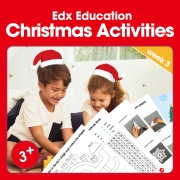 Edx Education
Edx Education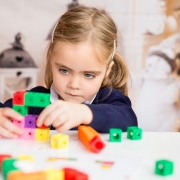

 Edx Education
Edx Education